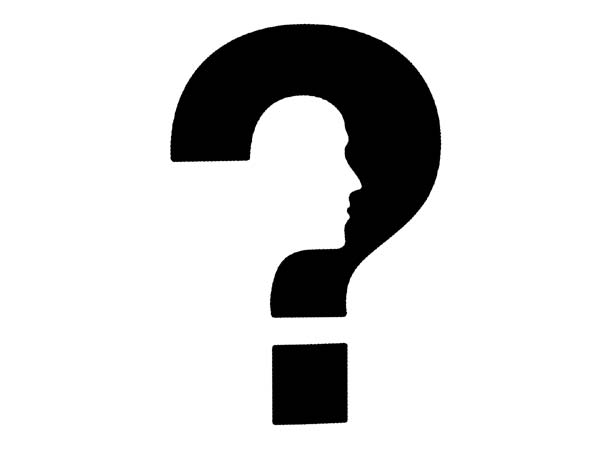That moment has finally arrived as they let those words roll of their tongue, ‘So tell me what do you do for a living?’ With a sharp intake of the breath and a sigh the person standing in front musters their bravado and sureness: ‘I’m an executive coach.’ Blankness followed by realization. How should they respond? Some politely roll their eyes and shake their head in condolence, others simply correct the executive coach standing in front of them and say: ‘Oh you’re a life coach, well that’s just like counselling really…’ before moving onto a less embarrassing topic, whilst some genuinely do not know and ask ‘what is coaching?’ and, for a small minority they quietly break out into a knowing smile, relax and begin talking about their experiences of coaching. Welcome to the confusing world of the newly emerging field called executive coaching.
The identity of the executive coach has typically constructed and defined by the skills and competencies codified by the various coaching bodies that have been set up locally and worldwide that were assumed to guarantee relations of trust (Evetts 2013) or through the history and evolution of professionals (see Drake 2008). Demonstrating coaching skills to pass the accreditation process marks the suitability of the coach, however, the lack of empirical validity of the core competences and the conflict of interest between certifying coach training schools and accrediting its members threatens its credibility (Maltbia et al. 2014; Griffiths & Campbell 2008). Furthermore, the market is questioning the validity of the current identity as Glaxo Smith Klein’s Sally Bonneywell comments:
‘People have been talking about making coaching a profession for well over 10 years, but until all stakeholders are in agreement to take the industry to the next level, instead of protecting their own status quo, things will be very slow to change – to the detriment of all in coaching.’ (2014)
Executive coaching is reported as emerging as one of the top five leadership-development best practices that work alongside leaders and managers to aid in responding to their immediate needs in the complex and chaotic world of work (Maltbia et al. 2014). Yet who are they really? Are executive coaches simply the sum of their skills, or are they the sum of their personal and professional experiences, and skills and competencies?
References:
Coaching at Work, 2014. Becoming a Chartered Institute: Is Coaching Ready? Coaching at Work 9(3) pp.12
Drake, D.B., 2008. Finding our way home: coaching’s search for identity in a new era. Coaching: An International Journal of Theory, Research and Practice, 1(1), pp.16–27.
Evetts, J., 2013. Professionalism: Value and ideology. Current Sociology, 61(5-6), pp.778–796.
Griffiths, K. & Campbell, M. a., 2008. Semantics or substance? Preliminary evidence in the debate between life coaching and counselling. Coaching: An International Journal of Theory, Research and Practice, 1(2), pp.164–175.





